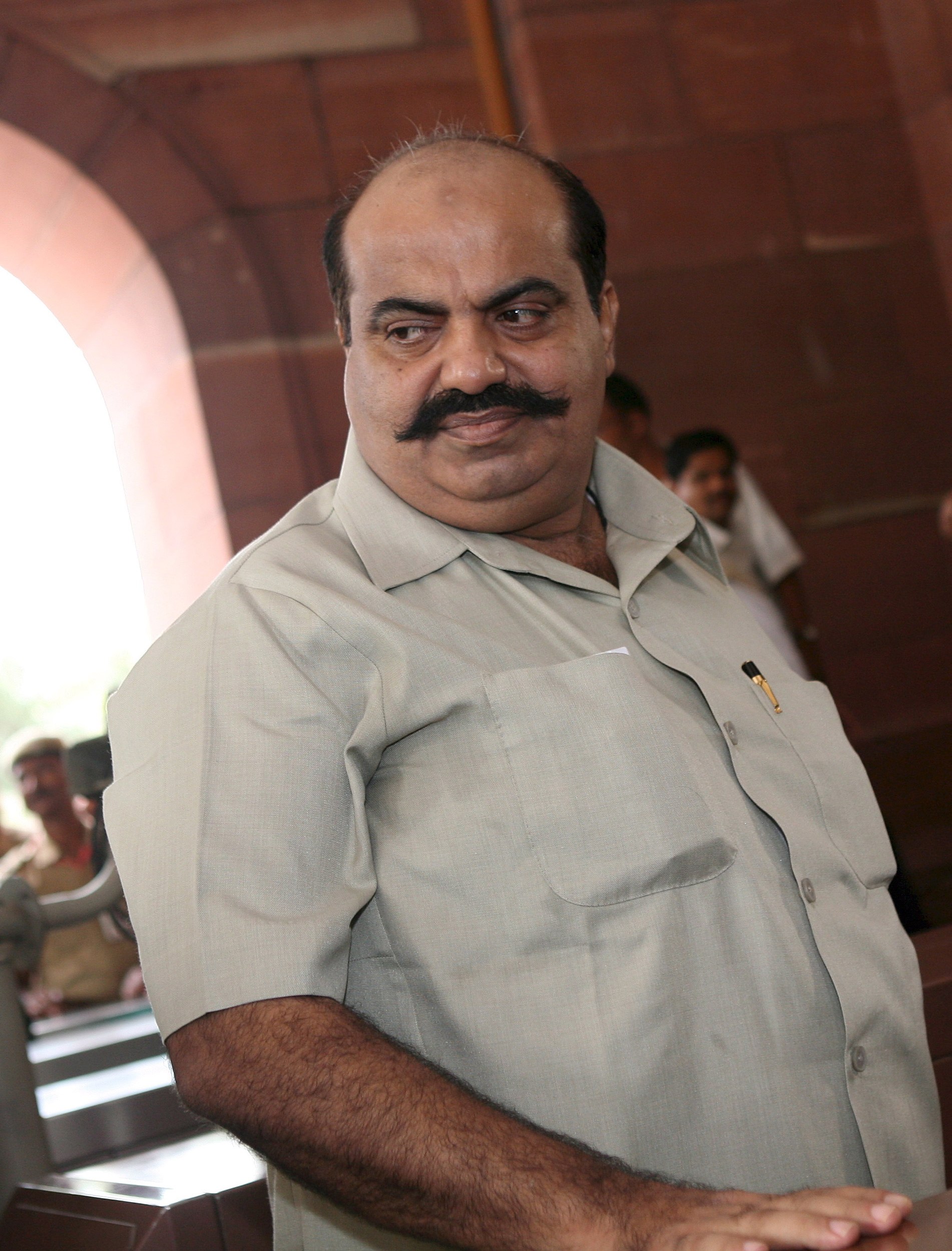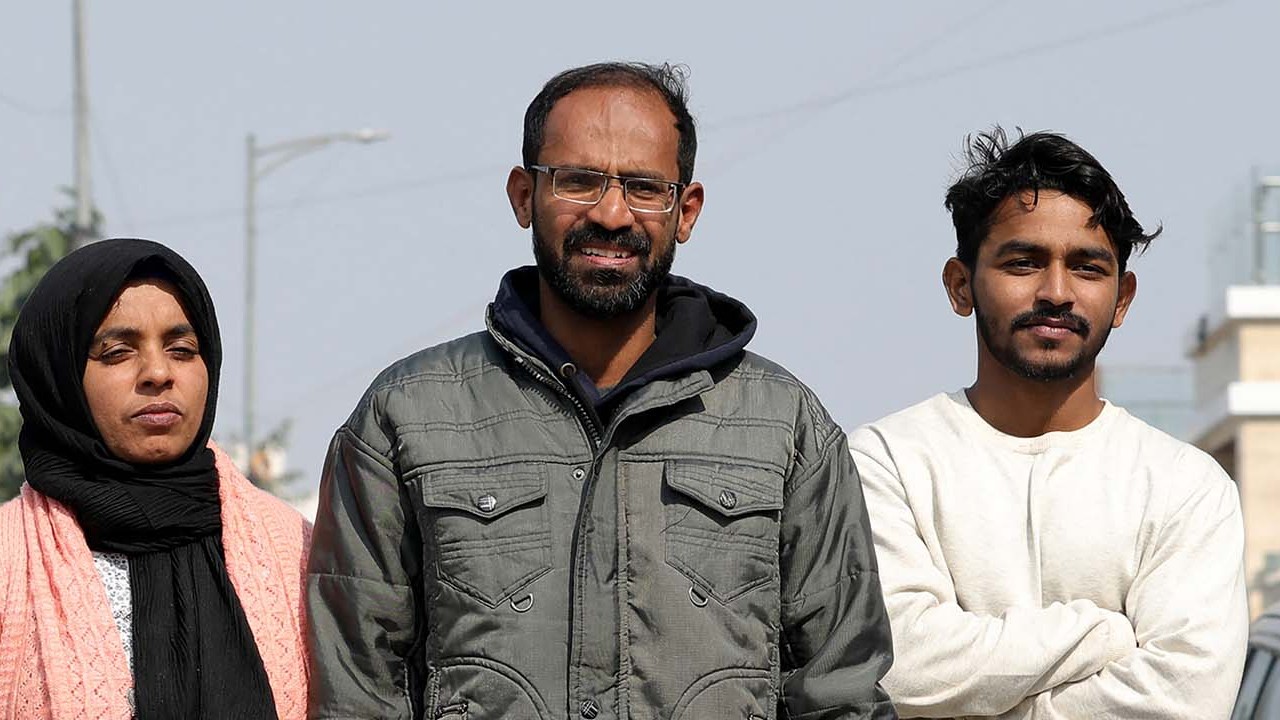
Former Indian lawmaker and brother shot dead on live TV
- Atiq Ahmed, a convicted criminal, and brother were shot while handcuffed and surrounded by police, apparently by 3 people posing as reporters
- The men surrendered to police, with at least one of them chanting ‘Hail Lord Ram’ – a battle cry for Hindu nationalists in their campaign against Muslims
Atiq Ahmed and his brother Ashraf were under police escort on their way to a medical check-up at a hospital on Saturday night when three men posing as journalists targeted the two brothers from close range in Prayagraj city in Uttar Pradesh state.

The men quickly surrendered to the police after the shooting, with at least one of them chanting “Jai Shri Ram,” or “Hail Lord Ram,” a slogan that has become a battle cry for Hindu nationalists in their campaign against Muslims.
Uttar Pradesh has been governed by India’s ruling Hindu nationalist Bharatiya Janata Party since 2017. Since then, more than 180 people facing criminal charges in India’s most populous state have been killed in so-called police encounters that rights groups say are often extrajudicial killings.
Following Saturday’s shooting, authorities imposed a ban on the assembly of more than four people across the state and also cut internet access on mobile phones in Prayagraj city. The government also ordered a judicial investigation headed by a retired judge.
Police officer Ramit Sharma said the three assailants came on motorcycles posing as journalists.
“They managed to reach close to Atiq and his brother on the pretext of recording a byte and fired at them from close range. Both sustained bullet injuries on the head,” he said. “It all happened in seconds.”
Multiple videos of Saturday’s shooting went viral on social media. It was initially broadcast live on local television channels as the brothers spoke to media while being taken to the hospital.
The footage shows someone pulling a gun close to Atiq Ahmed’s head. As he collapses, his brother is also shot. The video shows assailants repeatedly firing at the two men after both fell to the ground.
Atiq Ahmed, 60, was jailed in 2019 after he was convicted of kidnapping a lawyer, Umesh Pal, who had testified against him as a witness in the killing of a lawmaker in 2005. In February, Pal was also killed.
On Thursday, Atiq Ahmed’s teenage son and another man, both of whom were blamed for Pal’s death, were killed by police in what was described as a shoot-out.
Two weeks earlier, Atiq Ahmed had petitioned the Indian Supreme Court for protection, saying there was an “open, direct and immediate threat to his life” from state functionaries of Uttar Pradesh, according to media reports. But the court declined to intervene and instead asked his lawyer to approach the local state court.
More Muslims in India embrace family planning with help from priests
Atiq Ahmed was a state lawmaker four times and was also elected to India’s Parliament in 2004 from Uttar Pradesh’s Phulpur constituency, once represented by India’s first Prime Minister Jawaharlal Nehru.
He faced more than 100 criminal cases and was among the first politicians from Uttar Pradesh to be prosecuted under the stringent Gangster Act in the late 1980s. He also cultivated a Robin Hood image among mostly Muslim constituents and used to financially help many poor families.
But he was also criticised for leveraging his political clout to develop a syndicate that was an active player in the real estate market amid allegations of forced capture of properties and other crimes.
Opposition parties criticised the killings as a security lapse and accused the government of ruling by fear.


